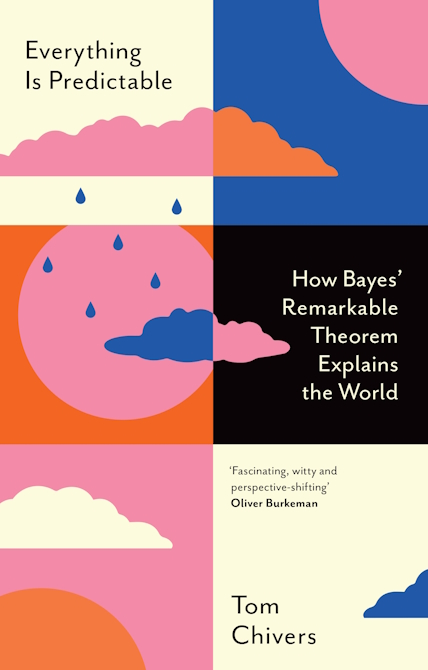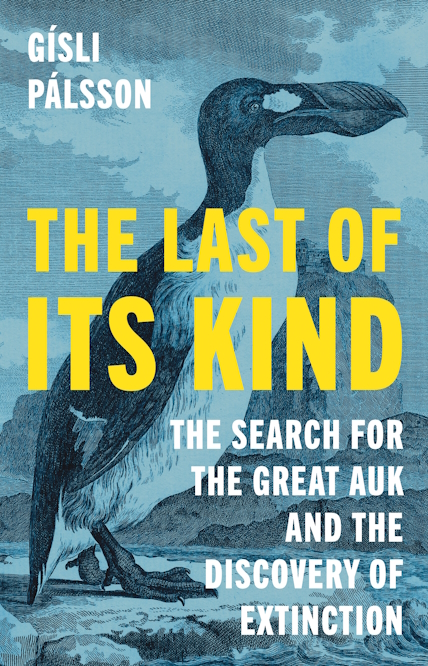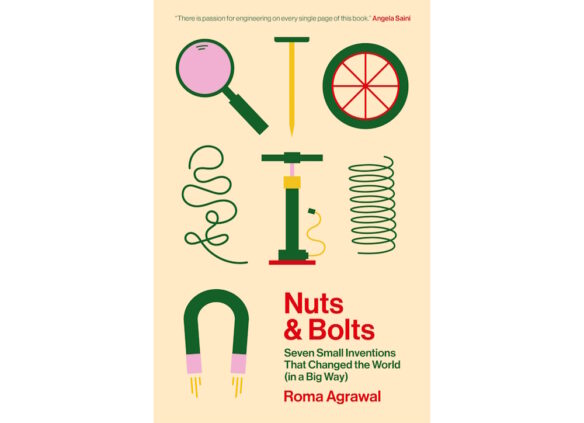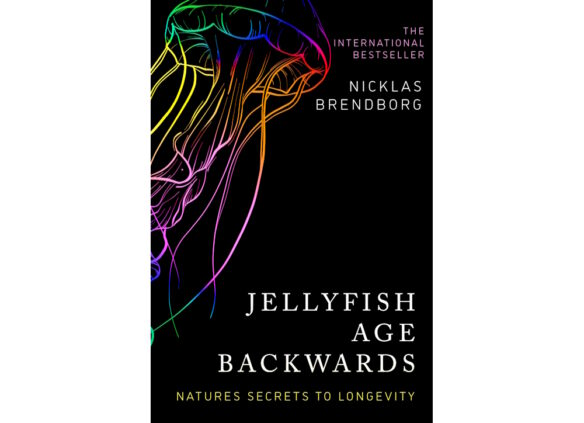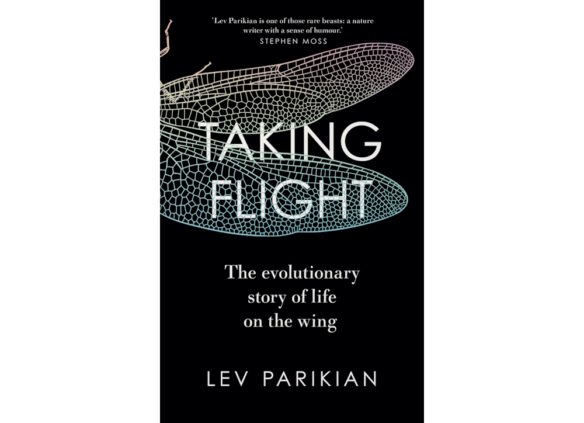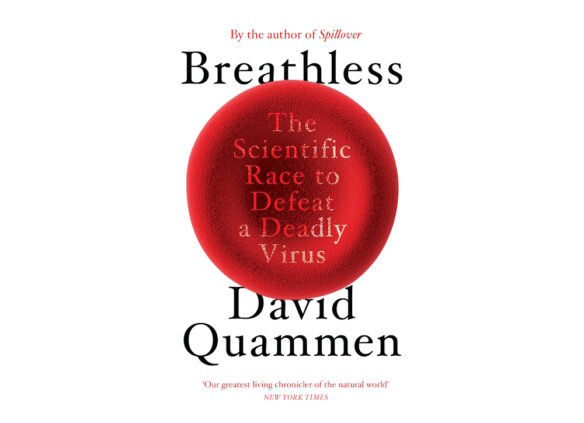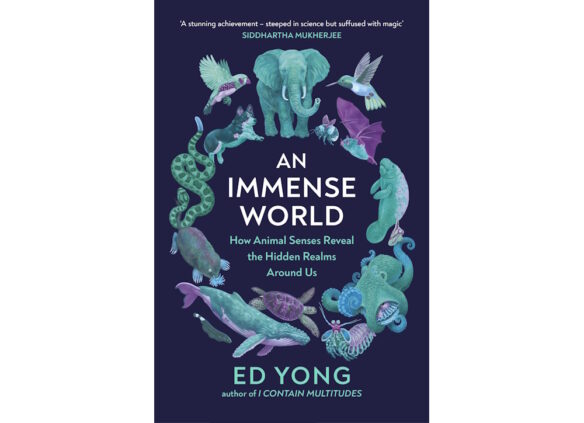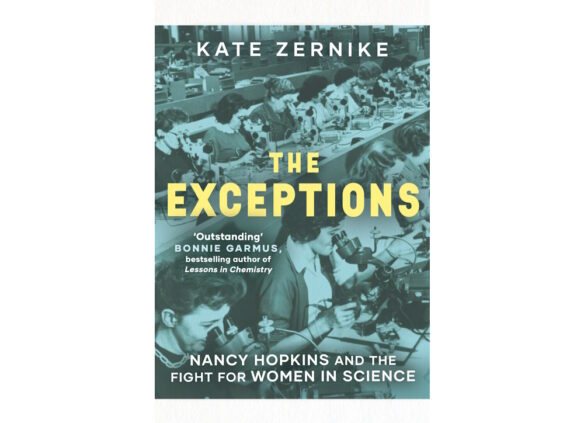
The 2024 Hugo winner for Best Related Work, A City on Mars: Can We Settle Space, and Have We Really Thought This Through? by Kelly and Zach Weinersmith, has also won this year’s Royal Society Trivedi Science Book Prize.
The prestigious prize was announced at an award ceremony at the Royal Society in London on October 24.
The Weinersmiths’ book examines the complexities, challenges and opportunities of humanity’s quest to settle in space.
An accumulation of thorough research, from “conferences, endless interviews and 27 shelves of books and papers on space settlement and related subjects,” the book, published by Particular Books, takes readers on a journey to clear up misconceptions about the feasibility of space settlement. From space law and lawyers to space farms and the creation of space nations, the Weinersmiths tackle every conceivable question about space with a comedic twist, crucially warning readers that “going to the stars will not make us wise […] we have to become wise if we want to go to the stars.”
The Weinersmiths also co-wrote The New York Times bestselling book, Soonish. Dr Kelly Weinersmith is a part-time lecturer in the BioSciences Department at Rice University. Zach Weinersmith makes the acclaimed webcomic Saturday Morning Breakfast Cereal.
The five-member panel of judges praised the accessibility of the writing style and the engaging nature of the book’s illustrations, deeming it a timely work which deftly combines robust scientific research and pertinent and complex ethical questions.
Professor John Hutchinson FRS, chair of the 2024 judging panel, and Professor of Evolutionary Biomechanics at the Royal Veterinary College, said:
“A City on Mars blew me away with its incredibly ambitious cross-disciplinary perspective. It covers questions as broad as: What do we know and not know about human physiology and reproduction in space? How well might our mental health hold up? Are the Moon, a space station, or an asteroid good alternatives to a Mars settlement? And finally, what, if anything, is there regarding international law on space settlement, and how much wiggle room is there? The Weinersmiths manage to answer these questions and point ways forward for overcoming the hurdles involved in finding some way to settle space, someday. They walk a tightrope of maintaining not only scientific rigour and fairness, but also a lot of humour, leveraged by amusing and informative sketches. We finish the book understanding that, while humanity having a city on Mars might yet be centuries away, many good reasons remain to pursue the lofty goal of settling space. Many of those reasons begin with doing more science and developing more technology here on Earth—and in the meantime, trying our best to preserve our precious planet.”
The judges found the book to be a compelling, informative, and humorous read, in which they could distinctly hear both of the authors’ individual voices as they bring the reader along on their fact finding journey. The panel was impressed by how the narrative integrates concepts spanning policy, law, science and technology to explore the wide-ranging implications of a future space society. The judges also acknowledged the authors’ measured navigation between the headline-grabbing promises of corporations and billionaires on the imminence of space settlement, and the stark reality that “leaving a 2°C warmer Earth for Mars would be like leaving a messy room so you can live in a toxic waste dump”. They noted the Weinersmiths’ ability to translate complex scientific questions into the context of our lives here on earth, encouraging readers to foster a new appreciation for the world we live in.
Alongside Professor John Hutchinson FRS, the 2024 judging panel comprised Booker Prize-winning author and screenwriter Eleanor Catton; New Scientist Comment and Culture Editor Alison Flood; teacher, broadcaster and writer Bobby Seagull; and lecturer in Functional Materials at Imperial College London, and Royal Society University Research Fellow, Dr Jess Wade.
The Weinersmiths will be presented with a cheque for £25,000, with the other five shortlisted authors due to receive £2,500.
The other shortlisted books were:
- Eve: How The Female Body Drove 200 Million Years of Human Evolution by Cat Bohannon (Hutchinson Heinemann)
- Everything Is Predictable: How Bayes’ Remarkable Theorem Explains the World by Tom Chivers (Weidenfeld & Nicolson)
- Your Face Belongs to Us: The Secretive Startup Dismantling Your Privacy by Kashmir Hill (Simon & Schuster)
- The Last of Its Kind: The Search for the Great Auk and the Discovery of Extinction by Gísli Pálsson (Princeton University Press)
- Why We Die: The New Science of Ageing and the Quest for Immortality by Venki Ramakrishnan (Hodder Press)
[Thanks to Steven French for the story. Based on a press release.]


